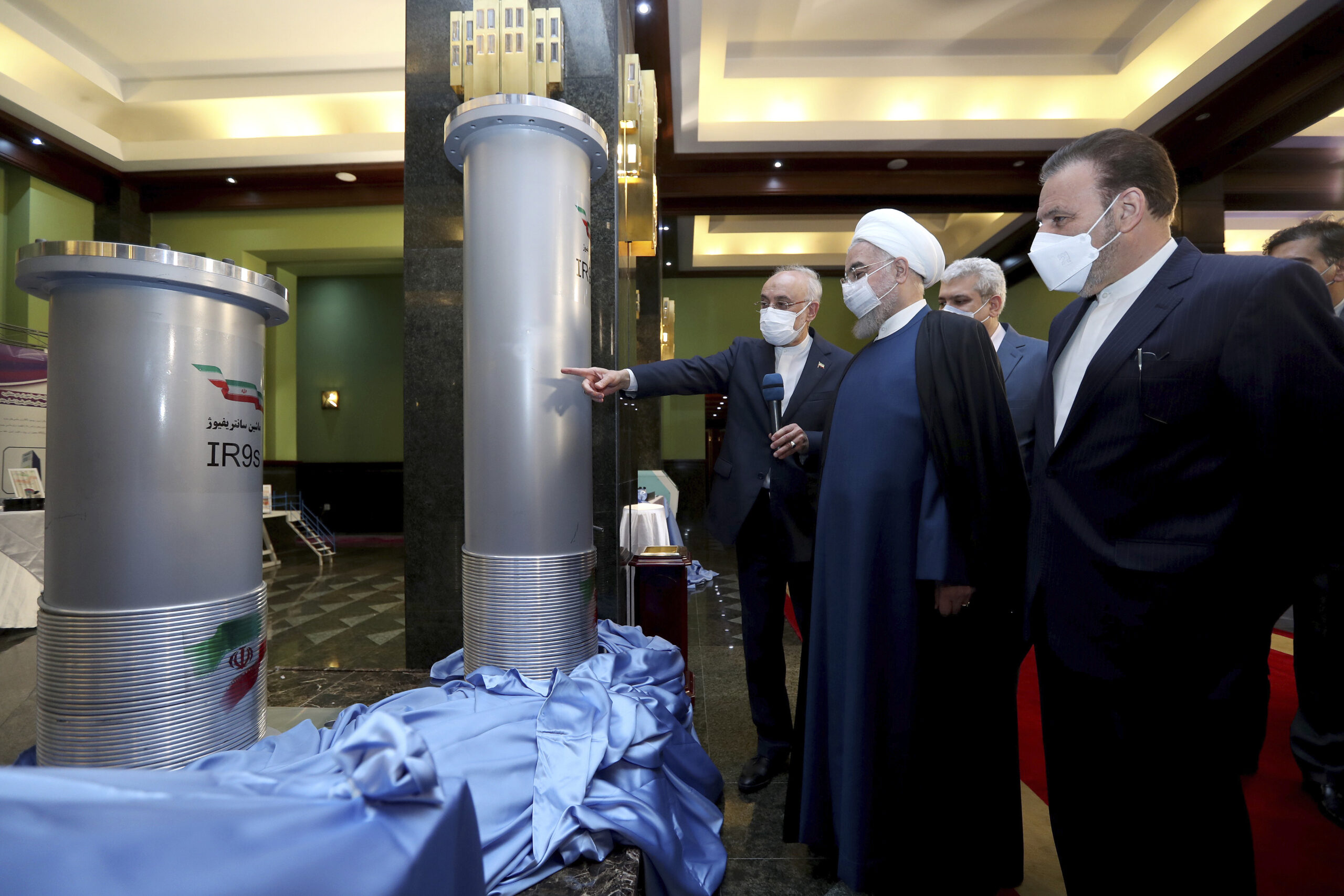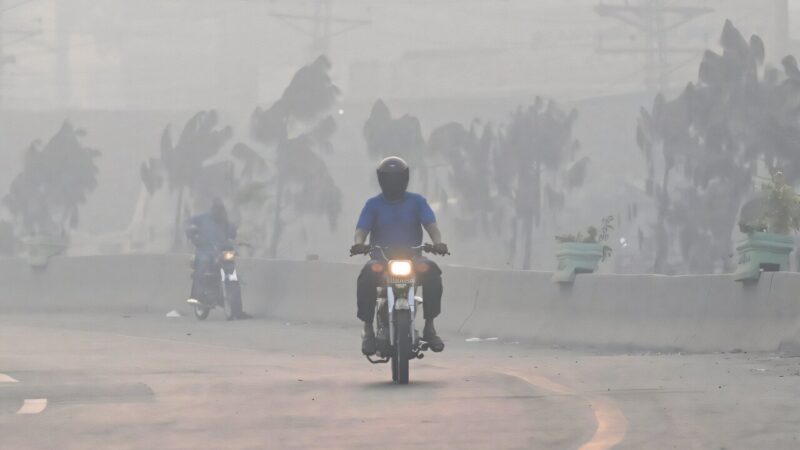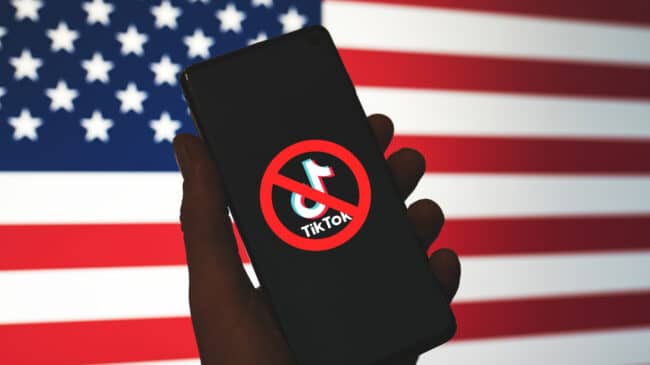Iran accuses a foreign country of being behind the cyberattack on gas outlets

Iran has claimed that a foreign country was responsible for the Tuesday cyberattack that crippled its petrol delivery network.
The attack was claimed by a group called Predatory Sparrow, while Iran’s main internet policy-making organisation blamed an anonymous “state actor.”
The goal, according to President Ebrahim Raisi, is to stoke public fury.
The hack targeted an intranet-based system that allows motorists to purchase government-subsidized fuel using government-issued smart cards, resulting in long lines at gas stations.
The hackers also took control of digital billboards on motorways in Tehran and elsewhere, displaying a message that read, [Supreme Leader Ayatollah Ali] Khamenei, where is our fuel?
A spokeswoman for the National Iranian Oil Products Distribution Company (NIOPDC) told state media that only 5% of the country’s 4,300 gas outlets had been reconnected by Wednesday morning.
She noted that around 3,000 people were able to sell fuel offline at the unsubsidized price. In Iran, the majority of people rely on government-subsidized fuel, as the country’s economy has been severely harmed by years of US sanctions, as well as government mismanagement and corruption.
The president further claimed that the Iranian authorities’ “vigilance” had stopped the hackers from exploiting the situation.
Meanwhile, Iran’s semi-official Fars news agency linked the hack to the second anniversary of nationwide protests that occurred when the government hiked the price of gasoline by 50%. The security forces responded with a violent crackdown as a result of the unrest. More than 300 people were killed, according to Amnesty International, but Iranian officials denied the figure.
Predatory Sparrow wrote on Telegram that the hack was a “reaction to Tehran’s terrorist regime’s cyber operations against people in the region and around the world.”
It went on to say that it had alerted Iran’s emergency services people ahead of time and that it had decided not to exploit a flaw that would have caused “very long-term damage.” In July, the organisation claimed responsibility for a cyberattack on Iran’s rail network, which caused train schedules to be wrongly displayed on station message boards.






